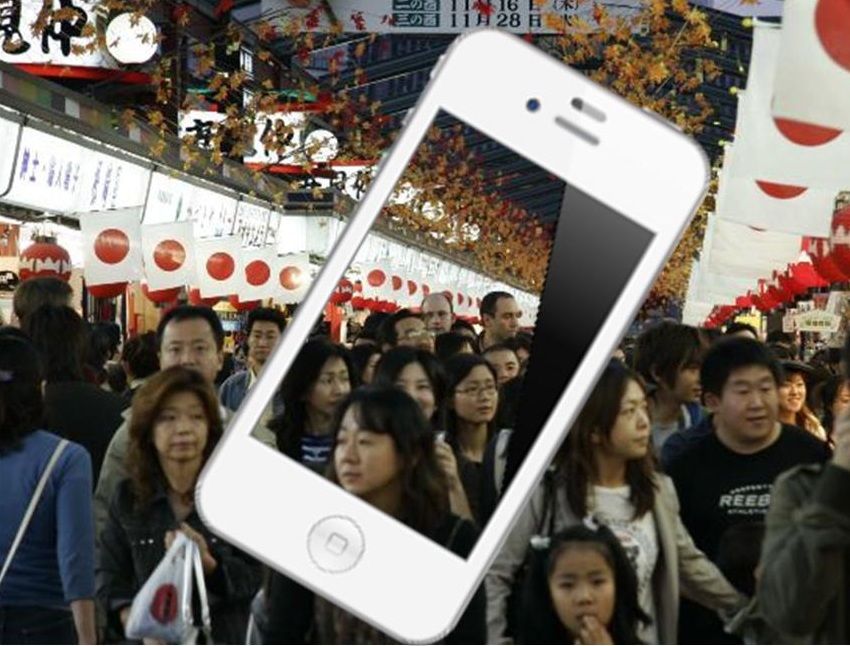BWild |
February 17, 2016
The company is hoping it will be the shopping cart of choice for completing sales on behalf of retailers.
PopSugar Inc. is now setting its sights on the creation of a form of universal mobile commerce shopping cart that would make it possible for consumers to make their purchases of fashion products through any retailer, all in one digital basket.
The focus on the company’s content has been greatly aimed toward the female market.
As of yet, PopSugar has managed to generate considerable affiliate marketing revenues by way of its ShopStyle business, which provides women with a specialized mobile commerce shopping engine through which they can purchase clothing and accessory products. PopSugar acquired that product in 2007 and managed to drive revenues topping $1 billion for its retail partners in 2015. This, according to the data shared by the founder and CEO of the company, Brian Sugar.
As of April, the mobile commerce experience through PopSugar’s ShopStyle will undergo a major change.
 Currently, shoppers use it to find what they want, at which point they are redirected to the retailer websites in order to complete their purchases. After April, users of the m-commerce platform will be able to complete a profile, including their payment information, so they can make purchases all in one place, even when their orders are from any number of dozens of different participating fashion retailers. These will all occur by way of the mobile app and website from ShopStyle.
Currently, shoppers use it to find what they want, at which point they are redirected to the retailer websites in order to complete their purchases. After April, users of the m-commerce platform will be able to complete a profile, including their payment information, so they can make purchases all in one place, even when their orders are from any number of dozens of different participating fashion retailers. These will all occur by way of the mobile app and website from ShopStyle.
This move is helped to transform the mobile shopping experience it provides from directing people to the right places, to become an actual marketplace-like location where they can conduct all their transactions without ever having to leave. In order to make this process even easier, PopSugar acquired Cosmic Cart, a mobile shopping technology business. That purchase was made in November 2015.
The current commission that PopSugar gains from every purchase made after a customer has travelled through their mobile commerce experience in order to buy something on a retail site is around 15 percent. It appears as though that agreement will be remaining the same when the new version of ShopStyle is launched, in April.
Japan sees strong growth in mobile commerce
Mobile commerce is growing quickly in Japan. Consumers in many of the country’s largest cities, such as Tokyo and Osaka, are beginning to favor shopping on their mobile devices. These consumers had already been heavily exposed to e-commerce and the world of online shopping, making the transition to mobile commerce significantly easier. According to the Japanese Ministry of Internal Affairs and Communications, mobile commerce grew by 16.2% in 2011 and continues to grow as more consumers become comfortable with the notion of purchasing products with their smartphones and tablets.
Fashion sector sees major boost from mobile sales
Mobile commerce has had a dramatic impact on several sectors of the retail industry, but Japan’s fashion sector has been seeing the majority of this impact in recent months. Zozotown, one of the country’s leading fashion retailers specializing in e-commerce, reports that it has seen no less than 40% of its sales come from mobile devices in 2012. Rakutan, another Japanese e-commerce company, notes that 30% of its sales have come through mobile commerce over the same time frame.
 New companies showing strong interest in Japanese mobile commerce
New companies showing strong interest in Japanese mobile commerce
The growing proclivity among Japanese consumers when it comes to mobile commerce has lead to something of a surge in mobile commerce applications. Many organizations recognize the growth of mobile commerce in Japan as a powerful opportunity and have been working to introduce new applications and mobile payments platforms to the country in recent months. New capital has lead to the emergence of new startups that aim to be the next big name in mobile commerce and this has lead to a marked increase in the competition that exists in this particular field.
Small companies may be unable to compete with larger companies
While more competition can be good for consumers, it is not necessarily good for businesses. Startup company’s may have high ambitious, but whether or not they will be able to compete with much larger companies that have already established a strong presence in the mobile commerce sector has yet to be seen. So far, consumers appear to favor the platforms supported by larger companies they are more familiar with than those coming from largely unknown organizations.
 Currently, shoppers use it to find what they want, at which point they are redirected to the retailer websites in order to complete their purchases. After April, users of the m-commerce platform will be able to complete a profile, including their payment information, so they can make purchases all in one place, even when their orders are from any number of dozens of different participating fashion retailers. These will all occur by way of the mobile app and website from ShopStyle.
Currently, shoppers use it to find what they want, at which point they are redirected to the retailer websites in order to complete their purchases. After April, users of the m-commerce platform will be able to complete a profile, including their payment information, so they can make purchases all in one place, even when their orders are from any number of dozens of different participating fashion retailers. These will all occur by way of the mobile app and website from ShopStyle.
 New companies showing strong interest in Japanese mobile commerce
New companies showing strong interest in Japanese mobile commerce